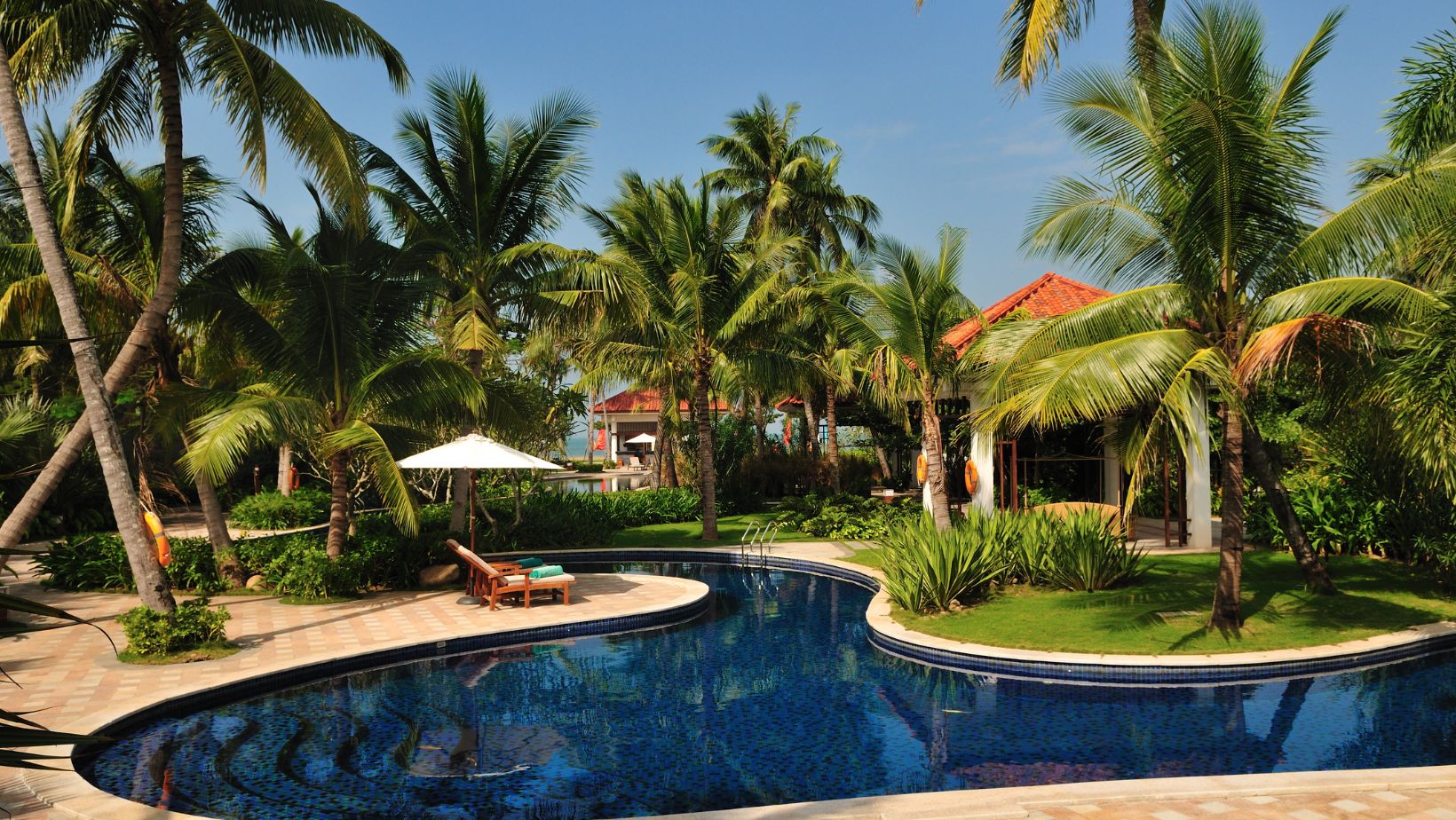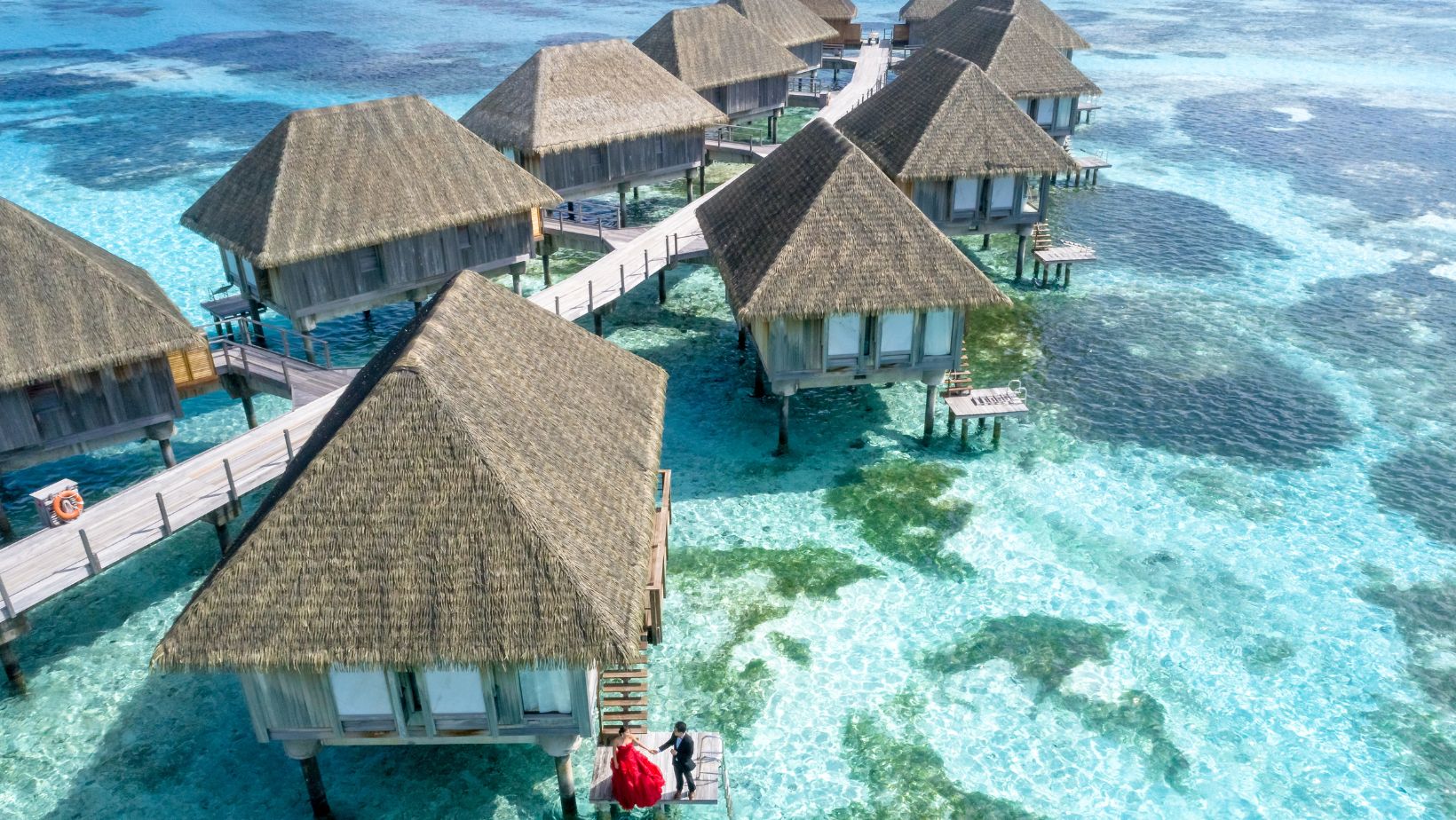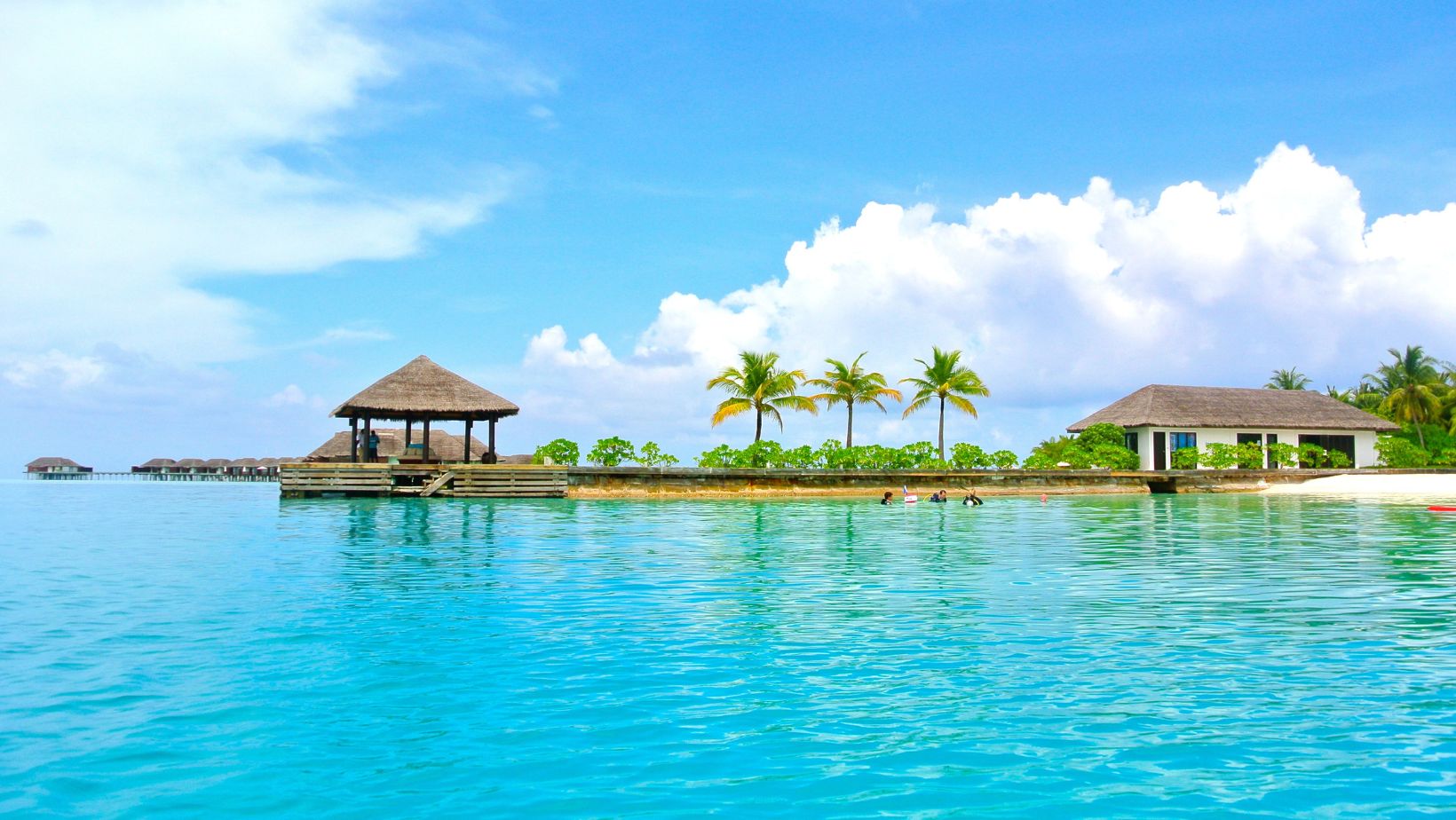Imagine a world untouched by the relentless march of progress, where nature’s beauty still reigns supreme. These are the ‘paradises lost’ – idyllic places that once existed in their pristine state, now altered or vanished due to human activity.
This article delves into the tales of these lost paradises, exploring their past splendor, the factors that led to their decline, and the lessons we can learn from their fate. It’s a journey through time and space, an exploration of the delicate balance between human progress and environmental preservation.
So, ready to embark on this poignant journey? Let’s uncover the stories of these lost paradises and reflect on what they mean for our future.
Paradises Lost
 In a journey to decipher the idea of “paradises lost,” the exploration takes on multiple angles – from the inherent concept surrounding the term, to the historical views that encapsulate it. In the realm of environmental discourse, “paradises lost” embody once pristine territories tragically transformed or even disappeared by human intervention. Instances like the deforestation of the Amazon rainforest depict this vividly. This expansive wilderness, once teeming with life and biodiversity, has been beaten back by unsustainable practices such as logging and land conversion for agriculture. It is the unsettling reality behind the term “paradises lost” – beautiful, unspoiled areas losing their charm due to mankind’s exploitations.
In a journey to decipher the idea of “paradises lost,” the exploration takes on multiple angles – from the inherent concept surrounding the term, to the historical views that encapsulate it. In the realm of environmental discourse, “paradises lost” embody once pristine territories tragically transformed or even disappeared by human intervention. Instances like the deforestation of the Amazon rainforest depict this vividly. This expansive wilderness, once teeming with life and biodiversity, has been beaten back by unsustainable practices such as logging and land conversion for agriculture. It is the unsettling reality behind the term “paradises lost” – beautiful, unspoiled areas losing their charm due to mankind’s exploitations.
Understanding “paradises lost” reveals a harsh truth about human progress. Often, it strikes a discordant note with environmental preservation, tipping the balance in a perturbing way. Recognition of this concept is not fear-mongering, but an acknowledgment of our power to affect change, both beneficial and detrimental.
Historical Perspectives
 Looking back provides an enriched comprehension of “paradises lost.” From ancient civilizations, like the Romans, who continually expanded their empire without much consideration for nature, to the Industrial Revolution period, which brought about large-scale environmental degradation, history is littered with instances of paroxysmal human activity against nature.
Looking back provides an enriched comprehension of “paradises lost.” From ancient civilizations, like the Romans, who continually expanded their empire without much consideration for nature, to the Industrial Revolution period, which brought about large-scale environmental degradation, history is littered with instances of paroxysmal human activity against nature.
In specific, the Aral Sea case exemplifies one such historical illustration. Once the world’s fourth largest lake, it has turned into a dust-ridden bowl over years due to human-induced excessive diversion of waters for irrigational purposes. An aquatic paradise was lost to objectives of human advancement, serving as a grave reminder of what can precipitate when harmony with the environment is disregarded.
Causes of Paradises Lost
 Diving deeper, the triggers that prompt these paradises to lose their glory span from environmental degradation to unchecked urban development.
Diving deeper, the triggers that prompt these paradises to lose their glory span from environmental degradation to unchecked urban development.
Environmental degradation, a potent catalyst, takes a toll on these untouched paradises. Depletion of resources, extinction of species, climate alteration, all encapsulate environmental degradation. An authoritative report from the UN Environment Programme (UNEP) revealed an unprecedented species extinction rate, with one million species threatened, largely due to habitat destruction [1].
Additionally, practices such as deforestation significantly contribute. As illustrated, an area larger than 150 million football fields has been razed in the Amazon rainforest since 1970 [2], wreaking havoc on biodiversity hotspots.
Lastly, pollution, epitomizing mankind’s carelessness, piles onto the agony of the environment. Statistics from World Bank echo this concern, reporting that in 2016, the world generated 2.01 billion tonnes of municipal solid waste [3].
Urban Development
Contrasting the natural world, urban development emerges as a potent disruptor. Global urban population skyrocketed from 751 million in 1950 to 4.2 billion in 2018, as reported by the United Nations [4], intensifying the urgency for more land, hence encroaching on pristine paradises.
Infrastructure developments consider nature as the collateral, often taking priority. For instance, in Lagos, Nigeria, the Eko Atlantic project, touted as Africa’s answer to Dubai, transformed nine square kilometers of ocean into land, irrevocably affecting the region’s ecosystem [5].
Similarly, increased disposal needs prompted by swift urbanization compound the problem further. As per a study by the World Bank, urban residents produced about 2.2 billion tonnes of waste in 2016, roughly double the back in 2000 [3].
These consequence-laden activities underscore the core causes leading to the loss of existing paradises, evidencing a need for concerted effort towards nature preservation and environmental responsibility.



